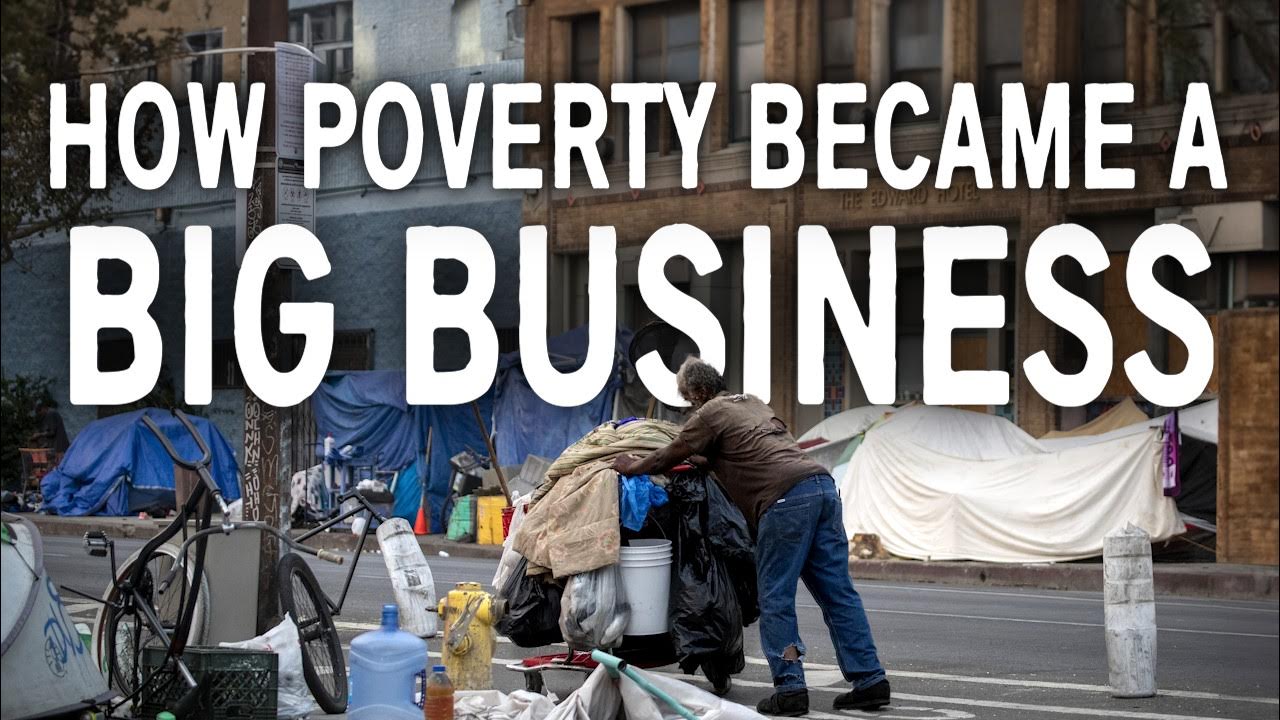cross-posted from: https://hexbear.net/post/1715238
Thoughts on this?
Video is 13 minutes long.
It seems that there is a lot of government bloat (I know, I know) but it also meshes with non-profits and other businesses involved, which culminates in the state (in the truly Marxian sense of the word) having a lot of bureaucracy to it ("you stay in your role and I stay in mine").


Hey shelter worker here. This video rings very true to me in a lot of ways. Here's some really disorganized thoughts on the matter while I head home after a long day:
The middleman (LAHSA in this video, different name where I'm from) is about as much of a headache as described. When I was in management I would regularly have to go to meetings with them and schmooze and tell them how much better than everyone else we were doing to ensure my program got sufficient funding and preferential treatment in referrals. I sometimes dreaded those meetings as much as the neighborhood association meetings where the nimbys would tell me how much they hate me. All the other managers seemed to have friends on the board but I was never charismatic enough for that.
Shelter workers do sometimes try to coordinate shit without them though. With appropriate release of information forms and client assistance funds, you can do a lot of good behind their back, especially if you're calling an old colleague for who now works for a competitor (it's so fucked that I can accurately call them competitors) for favors.
The way that we split services among so many private entities is nuts. I've worked for several different agencies in the last few years, all with different policies, different rules for participants, organizational structures. It's not even just "this agency does shelters, this one does case management..." If you're looking for a shelter you'll have a dozen different agencies doing different sorts of shelter in different parts of town with different levels of competency and services offered. The rules are super inconsistent and you could get kicked out of one shelter for doing something that was perfectly okay in another. Homeless people and shelter workers both have to shop around a bit for a good situation, and a lot of the better shelters have waitlists. Whenever I get a new job now I end up running into former coworkers and former clients.
An entry level shelter worker in my west coast city makes about $50k/year, which is enough for a modest apartment and decent living here if they have a roommate/partner. If they are a case manager, they're working with 10-15 clients on top of general shelter upkeep. Shelters have between 2-8 (yeah sometimes we need all 8) of these workers each shift. When I was running a large congregate shelter, labor was by far the biggest budget item.
I work with many people who are just broke - give them money or a job they can handle and their houselessness is solved. The majority of people in shelters have other barriers as well though, often drugs or mental health issues. A lot of my clients will need supports for the rest of their lives if they want to stay housed. That shit is expensive (but as a society we can and should afford it!)
I love my work and could hardly imagine doing anything else, but I so wish we were all government employees. This is way too big of a problem to try to chip away in the way we are.
Yeah, this sounds very scattered but the video rings true to my experiences. HMU anyone if you have any questions about shelters or shelter work. I also have experience with domestic violence shelters but those work very differently here.
Putting a star on your comment. Thanks!